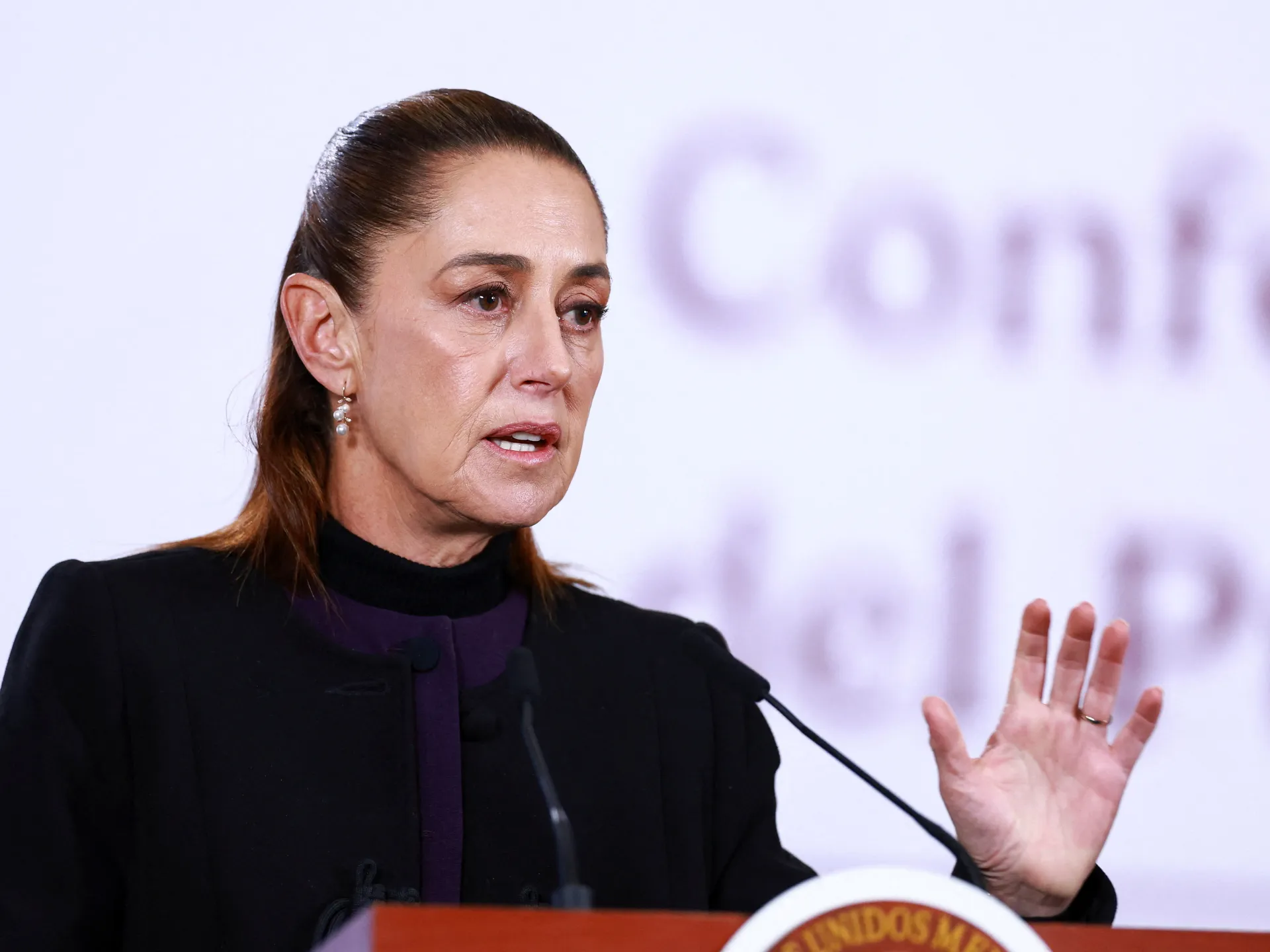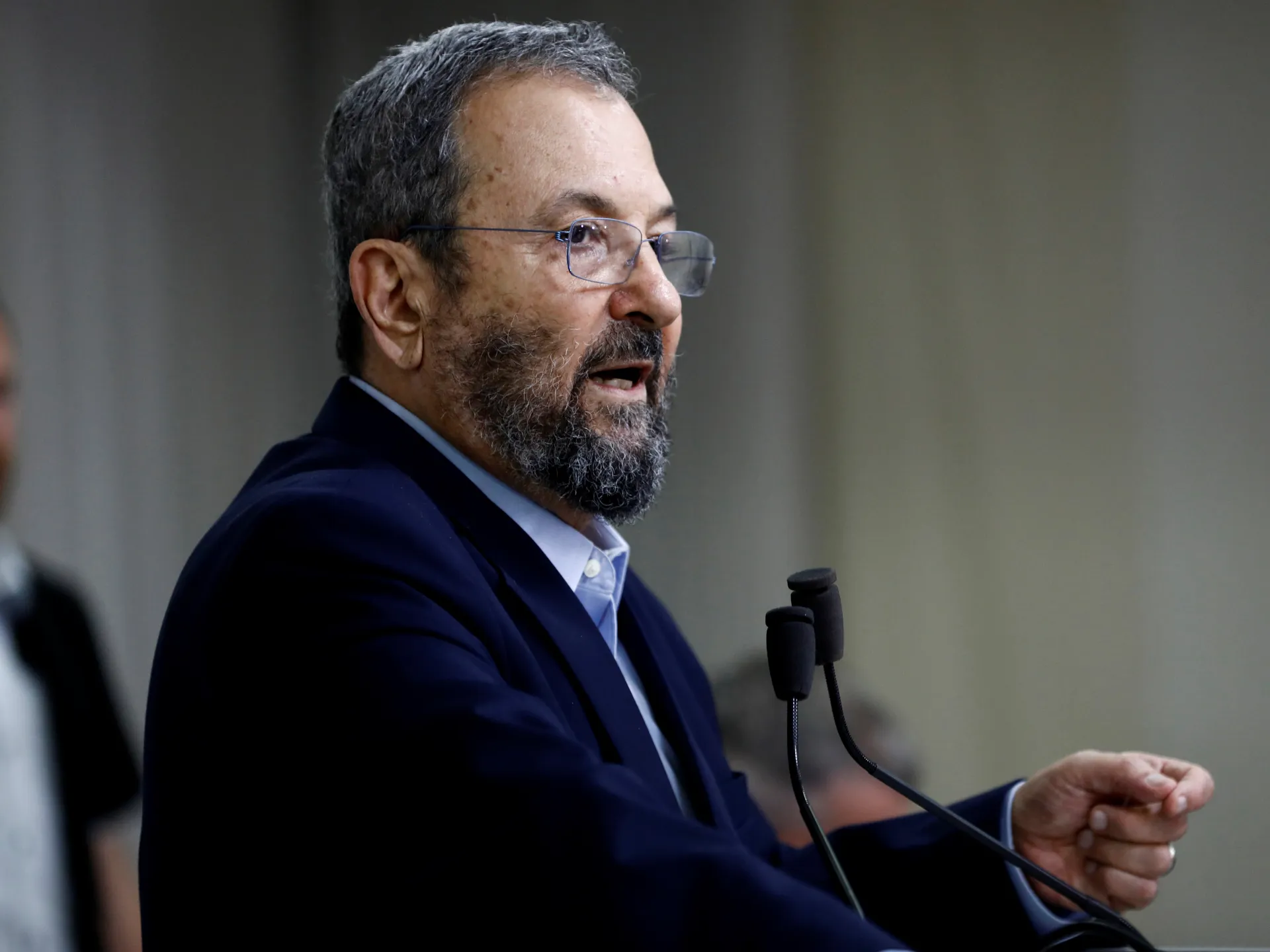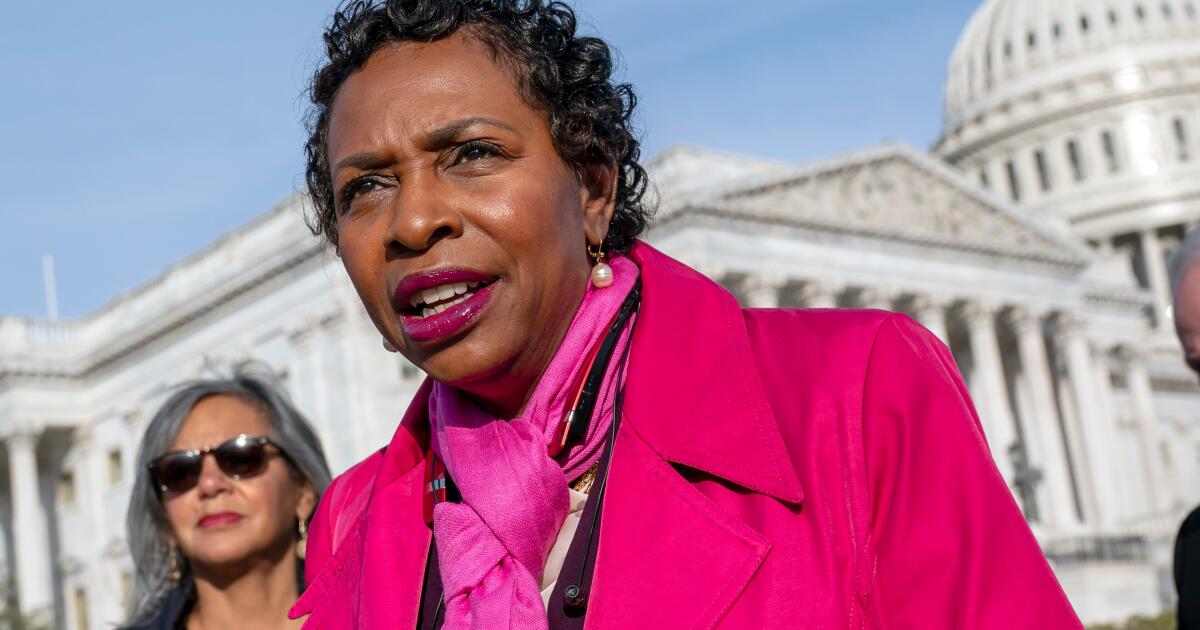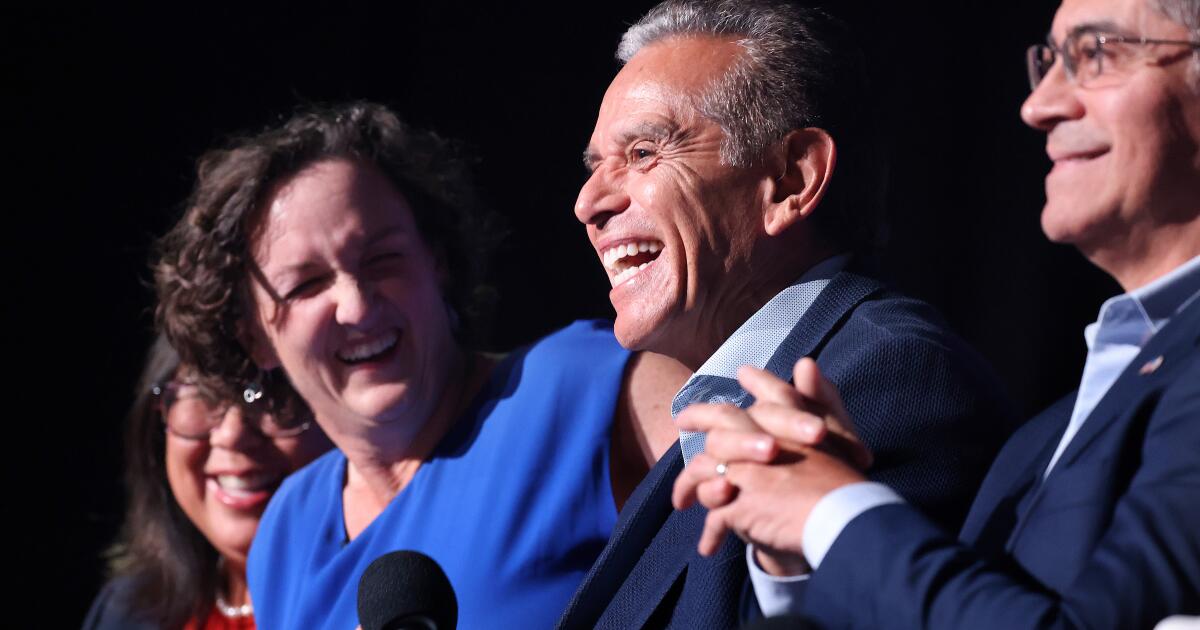King Charles has revealed how he was always going to stick to environmental campaigning – despite fierce criticism – in a new documentary for Amazon Prime
The King has revealed how he refused to be diverted from campaigning on an important issue despite receiving ‘upsetting’ criticism. Charles makes the admission in a brand new Amazon Prime documentary, which looks back at the monarch’s ‘Harmony’ philosophy and his lifelong commitment to green issues.
The 90-minute film, called Finding Harmony: A King’s Vision, sees Charles warn that the situation with the environment is “rapidly going backwards” with mankind “actually destroying our means to survival”. But he also expresses his hope for the future and says that “by the time I shuffle off this mortal coil” that there might be more awareness of the “need to bring things back together again”.
READ MORE: Prince William reveals fears for youngsters relying on texts and social mediaREAD MORE: Royal Family LIVE: Prince William’s strict ‘stumbling block’ that’s halting Harry reunion
The documentary sees the King collecting eggs from his chickens at their “Cluckingham Palace” coop on his Highgrove estate, and reveal his love of a crispy baked potato, declaring that “red Duke of Yorks” are the best variety for this.
Oscar-winning actress Kate Winslet, who narrates the film, also recounts how Charles was “haunted” by the criticism he faced after he said in a 1986 television interview that he talked to plants.
The documentary describes how the King, as Prince of Wales, emerged as a key figure on the environment over the years, making regular keynote speeches, despite “cries from some that he should take a back seat”, Winslet said.
The King, in new footage, adds: “I just felt this was the approach that I was going to stick to. A course I set and I wasn’t going to be diverted from.”
After an academic comments that the world is not on the “trajectory” needed to limit the worst affects of climate change, Charles remarks: “It’s rapidly going backwards, I’ve said that for the last 40 years, but anyway, there we are…I can only do what I can do, which is not very much – anyway.
“People don’t seem to understand it’s not just climate that’s the problem, it’s also biodiversity loss, so we’re actually destroying our means of survival, all the time. To put that back together again is possible, but we should have been doing it long ago. We’ve got to do it as fast as we can now.”
He adds: “Maybe, by the time I shuffle off this mortal coil, there might be a little more awareness… of the need to bring things back together again.”
The documentary also features archive footage of the King describing how he talks to plants, a comment that narrator Winslet says has “haunted him ever since”.
Ian Skelly, co-author of the King’s 2010 Harmony book, says: “Those criticisms really upset him. He got treated very unfairly, seen very unfairly, and those of us that knew him better were quite upset by that. It was difficult to know how to respond, but I really felt for him.”
Also appearing in the documentary is Prince Harry, who is shown fleeting in archive footage of Charles teaching him how to fish at Balmoral.
Prince William also features, as a small child with Charles at Highgrove, and lying next to his father on the grass as a youngster, and visiting a herd of cows with Charles at Home Farm in 2004, when William was in his twenties.
Prince Charlotte and Prince Louis, with the now Prince and Princess of Wales, are pictured briefly in footage from the King’s Coronation. And the late Queen Elizabeth II is shown filming a young Charles, in archive footage of the future king in home movies.
The documentary explores the origins, evolution and scientific foundations of the King’s “harmony” philosophy, which he set out in his 2010 book Harmony: A New Way Of Looking At Our World. The book will be republished by HarperCollins in March to mark the release of the documentary.
The film also shows how The King’s Foundation, which has its headquarters at Dumfries House in Ayrshire, embraces the harmony approach – the importance of living in balance with nature – through projects focusing on community regeneration, sustainable textiles and traditional skills.
Later tonight, the King and Queen will attend the premiere at Windsor Castle, believed by Buckingham Palace to be the first time a global movie premiere has been held at a royal residence.
A spokesperson for the King said the film was “not a conventional royal documentary”. “There are no golden carriages here; no glittering crowns or crimson robes,” the spokesperson added.
“Instead, this is a deeply personal exploration of ideas that have shaped His Majesty’s life and work: the interconnectedness of all things, the wisdom of traditional knowledge, and the belief that we can build a future that works in partnership with nature rather than against it.” The spokesperson added that it “sets a new high watermark for royal documentaries”.
Finding Harmony: A King’s Vision will be released on February 6 on Prime Video in more than 240 countries and territories worldwide.















